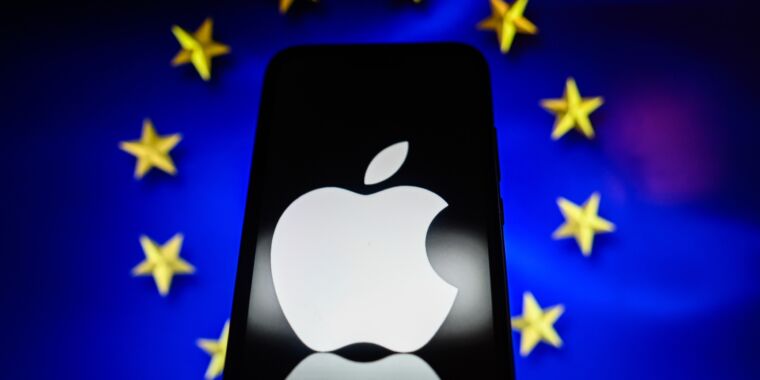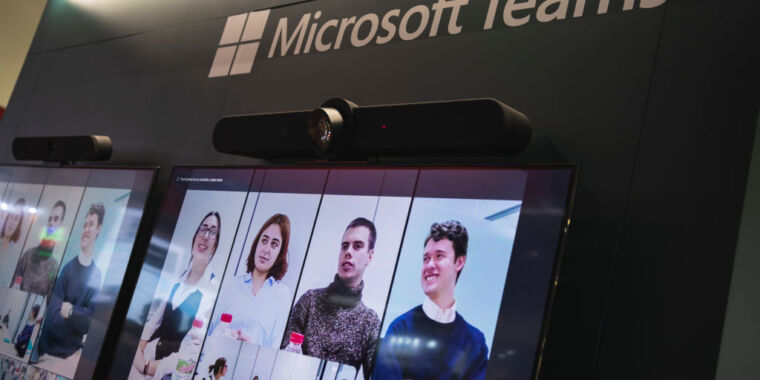What does this mean? Unless I've missed it, and there's something in the CarPlay 2.0 portion that means that an auto OEM cannot also roll out Android Auto, then that's up to Google and the car maker to figure it out between them. Big time "not Apple's problem".
In theory it's a choice.
But whose choice is it? Not the consumers choice.
This isn't about buying an accessory for your car, this is about the combination of your car and your phone.
If all the car manufacturers were consistently onboard with the major manufacturers it would be cool and I wouldn't care. Instead, multiple car companies have indicated a willingness to play favourites.
In the end, the consumer is stuck picking a sub-par vehicle or a sub-par phone based on which combination they prefer. In truth what generally happens then is they just get a subpar experience for using them together (because nobody is picking a car for a particular phone) and it all just sucks overall.
Competition is great; but there's no effective competition when the combination is outside of the end consumers control and influence.
We were approaching a nice-ish standard with Bluetooth, and now we've gone and fucked it all up with proprietary bullshit.



